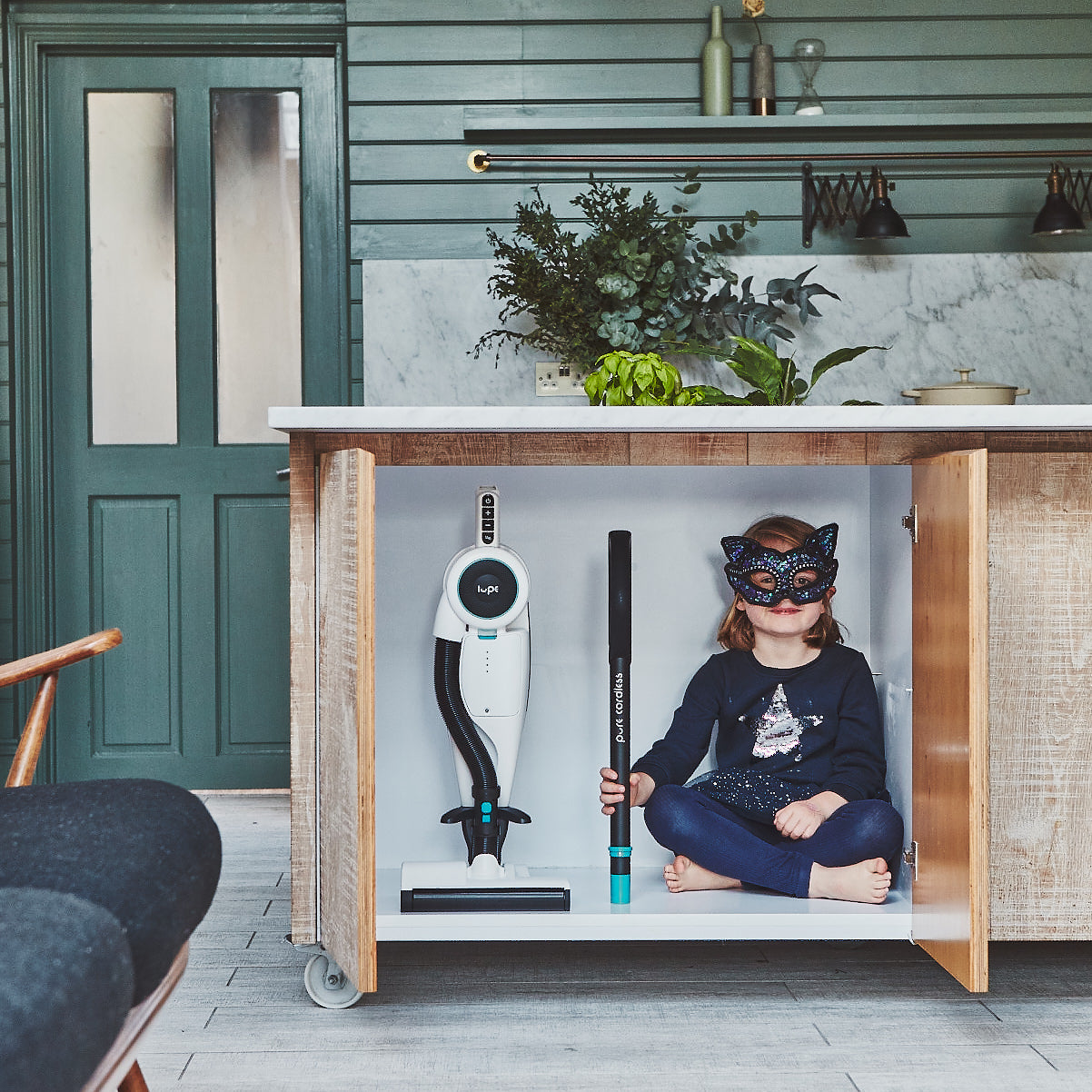Every year, around 150,000 tonnes of waste electricals are thrown away. Our dishwashers, washing machines, irons and vacuum cleaners are often crafted from plastic made from fossil fuels, and contain precious metals, both of which can be recycled and given a second life. But instead we tend to take them to landfill, shove them into waste bins or dispose of them in a way that doesn’t make the most of those resources.
Or worse, we hoard. “We tend to keep all these broken electricals we think we’re going to use at some point, or put them in the waste bin rather than recycling them,” explains Natalie Fee of City to Sea, an eco-friendly campaign group lobbying for change. Fee has also been involved in a campaign to raise awareness of the environmental impact of incorrectly disposing of household appliances.
The impact is enormous. If we recycled all our small electricals, rather than leaving them to collect dust at the back of a kitchen drawer – or worse, tossing them in the trash without considering how best to break them down into their constituent parts – we could reduce carbon dioxide emissions by 2.8 million tonnes in the UK. There are enough electrical cables going unused in British homes to circle the entire planet five times over.

Recycling is the safest and most responsible way to dispose of appliances and stop them from ending up in landfill.
“It’s one of the big issues of our time, environmentally speaking,” says Fee. “We’ve created so much of it. We’ve got this throwaway, disposable culture.” And to solve it, we need a rethink.
The Lupe Pure Cordless vacuum cleaner has been designed to minimise waste and improve eco-friendliness, using components specifically chosen because they can be recycled, but other designs can still be harmful to the environment and to our planet – particularly when they’re disposed of incorrectly.


We should become urban miners, utilising what we already have existing in our society, rather than mining precious natural resources for new sources. Rather than extracting metals from the earth, we can reuse metals from waste electricals. We can melt down and reuse plastics rather than pumping more oil to produce so-called “virgin” plastics. But that requires more than businesses leading the way. It requires consumers to exercise people power.
“People need to be more conscious when they’re buying products that those products are not just a sort of whim purchase,” says Fee. “They have to be buying products they really do need and are going to be built to last.”
As for products people feel they no longer need? “If they can’t be repaired and can’t be sold on to be repaired or reused, the third option is to make sure they’re recycled,” says Fee. “Take them to your household waste recycling centre or checking with the council that they can be recycled.” If you’re struggling to find a local area that recycles large electricals, more than 2,000 recycling and repair centres across the country have been developed by the Recycle Your Electricals campaign. And when you’re thinking of replacing your old appliances, think carefully about the products that go into your newer purchase.

"Natalie Fee is an award-winning environmentalist, author, speaker and founder of City to Sea, a UK-based organisation running campaigns to stop plastic pollution at source."


Natalie Fee's book 'How to Save the World for Free' is a life-altering guide to making those changes that will contribute to helping our planet.
